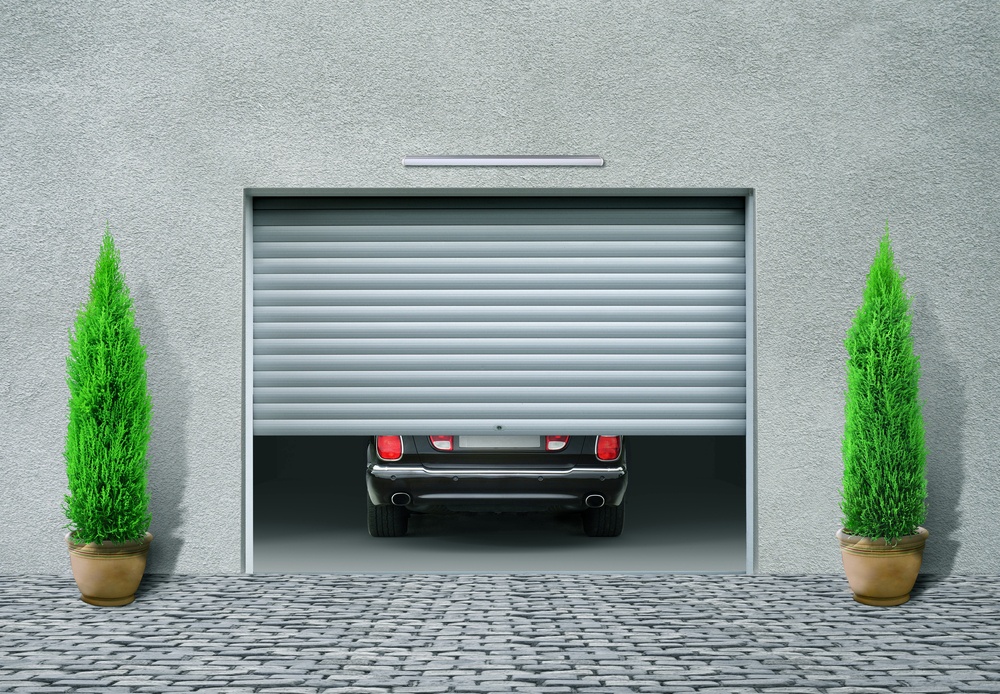Compare cheap car insurance quotes from over 100 UK providers and you could save over £504*
Save over £504* on your car insurance premium
Compare over 100 UK car insurance companies
Quick and easy online comparison tool
Compare cheap car insurance quotes online
We're delighted to have teamed up with Quotezone to bring you competitive car insurance quotes, without the hassle. You can sit back and relax while they compare over 100 top UK car insurance companies for you – with cheap quotes from the likes of RAC, Hastings Direct and More Than. Then, simply pick the one that’s right for you!
Whether you’re a young driver or in your latter years; looking for car insurance for your hatchback or sports model, Quotezone can help you find affordable policies online. It’s no wonder they have an ever-growing list of satisfied customers and countless 5-star reviews.
Compare over 100 trusted insurance providers to get you the best rate
What information do I need to get cheap car insurance quotes?
Your personal details
Just basic things like your name, number, occupation and driving licence details

Details about the car
The car’s number plate if you have it, plus any modifications and safety features

Your driving history
This includes any claims or motoring convictions you’ve had in the last five years

Additional drivers
The chance to add any additional drivers who will be using the car

Cover information
This includes the type of coverage, your start date and your annual mileage

No claims bonus
You’ll add details of your No Claims Bonus, which could lower your premium

What type of car insurance should I get?
Third party
This is the minimum legal requirement and only covers you against the injury of others and damage to other people’s property or vehicle.

Third party, fire and theft
As well as the protection listed above, this type of cover also pays out in the event your car is stolen or involved in a fire.

Comprehensive
It’s the full package – covering you against all of the above, plus damage to your own car even if you’re at fault. It can also include courtesy cars and other benefits.

Car insurance features and benefits
The online car insurance quotes found by Quotezone can include the below features as standard or at an additional cost.
Windscreen cover
Whether its a chipped windscreen or full replacement, you could be covered

Courtesy car
Never be without a vehicle even when yours is getting repaired at a garage

Breakdown cover
Keep your wheels turning and experience worry-free driving on UK roads

Legal assistance
Get help recovering uninsured losses from legal and medical professionals

Personal accident
Receive compensation when you need it most with personal accident cover

How could we help you?
Ocean has provided access to loans, credit cards and mortgages to people across the UK since 1991. In this time, we’ve pre-approved more than a million people, offering products and advice to suit their circumstances.
- All credit histories considered
- Check your eligibility without affecting your credit score
- Save time finding the right loan deal
You can learn more about Ocean on our about us page.
*51% of consumers could save £504.25 on their Car Insurance. The saving was calculated by comparing the cheapest price found with the average of the next five cheapest prices quoted by insurance providers on Seopa Ltd’s insurance comparison website. This is based on representative cost savings from September 2023 data. The savings you could achieve are dependent on your individual circumstances and how you selected your current insurance supplier.
Intelligent Lending Ltd is a credit broker not a lender, working with quotezone, a trading style of Seopa Ltd. The insurance comparison system is provided and owned by Seopa Ltd, who are authorised and regulated by the Financial Conduct Authority (FCA), FCA Number 313860. Insurance is provided through their panel of insurers.






